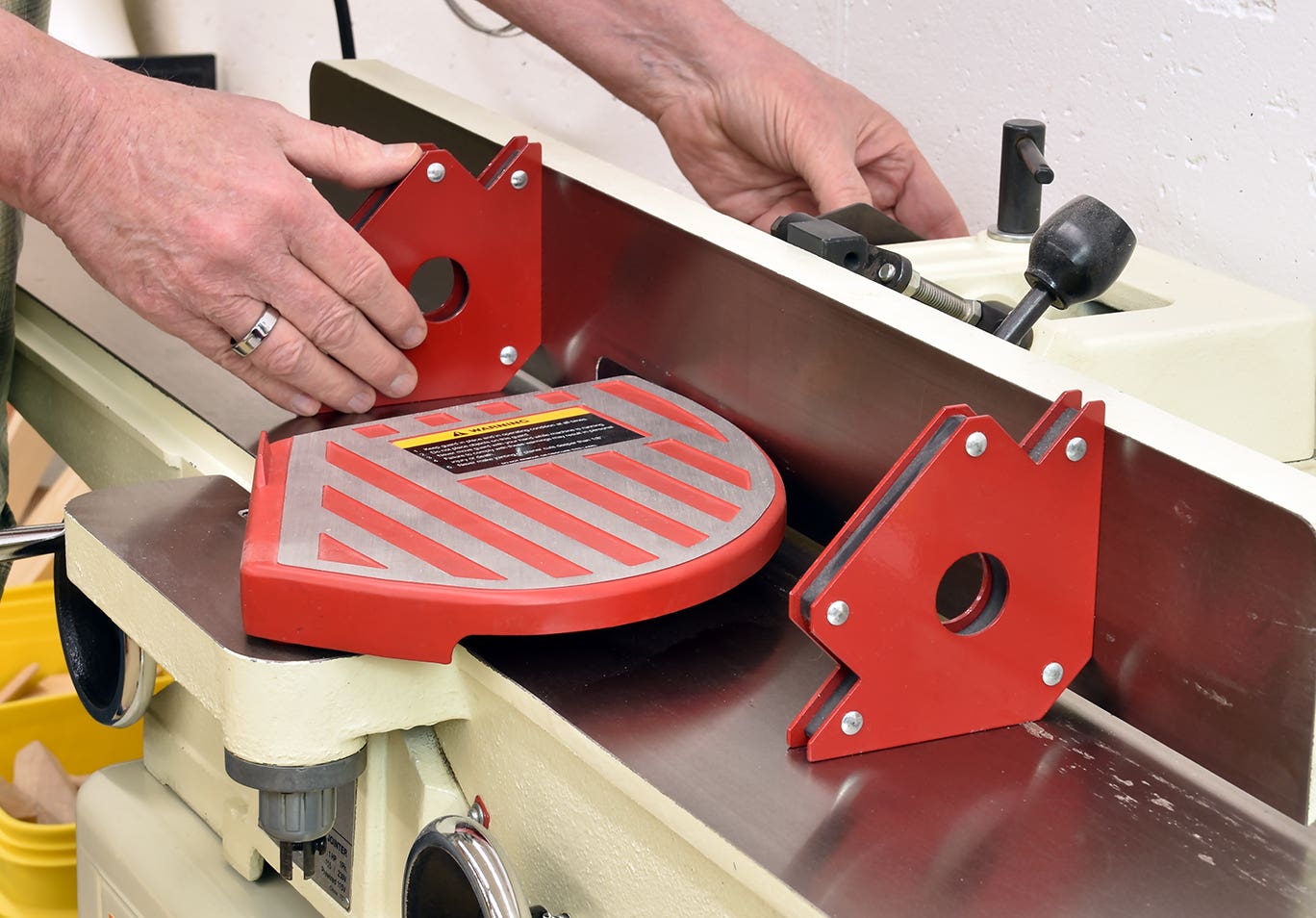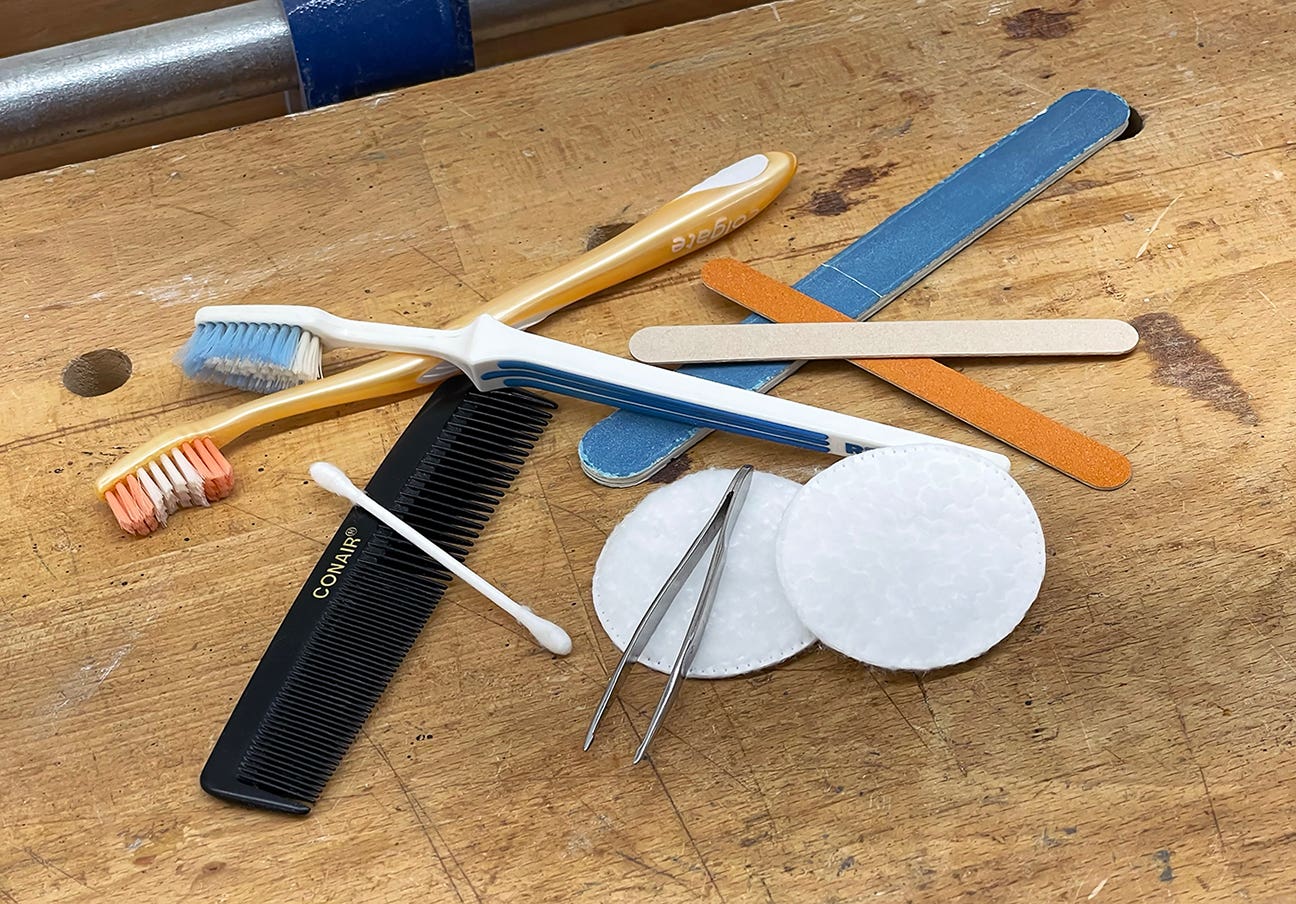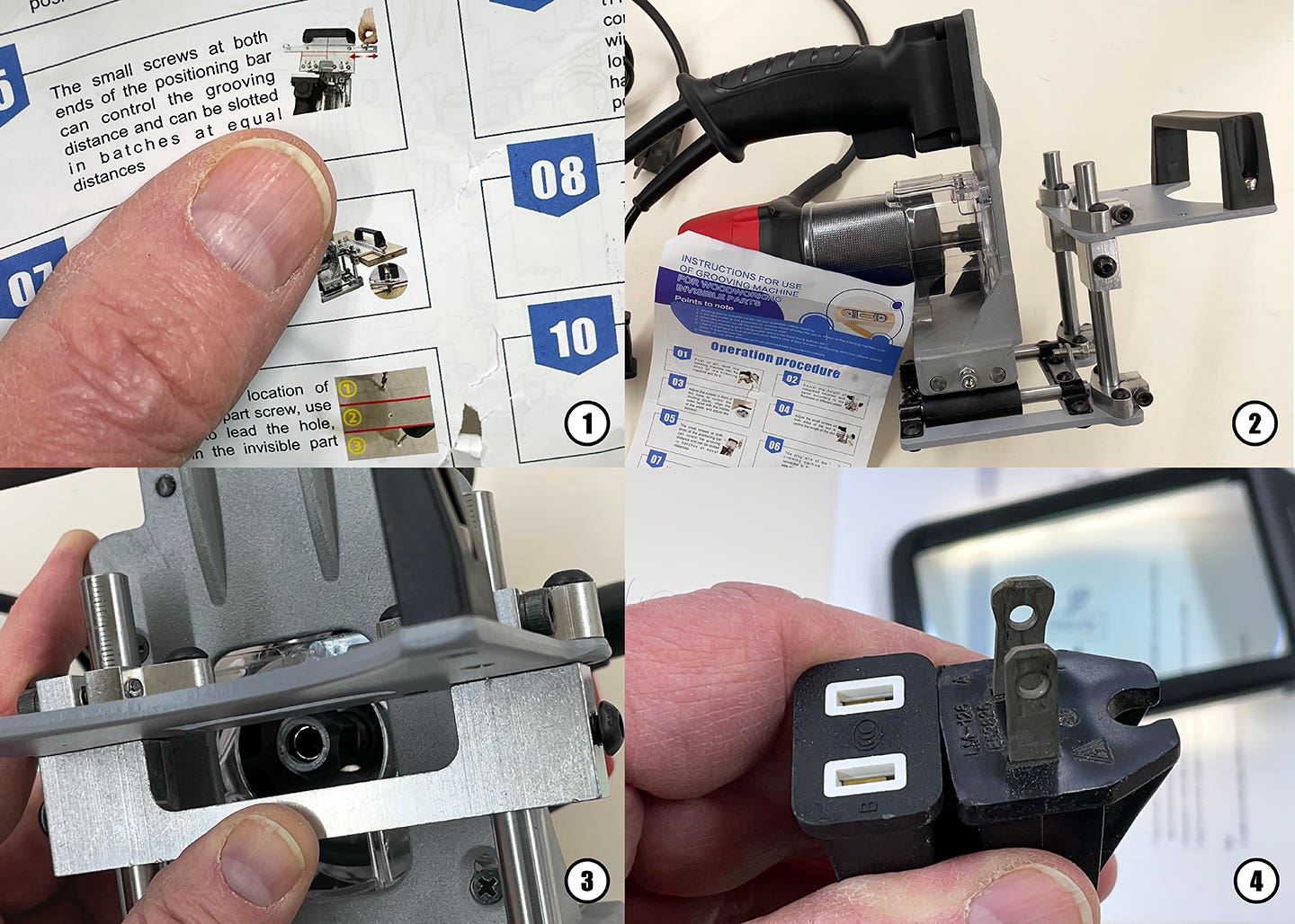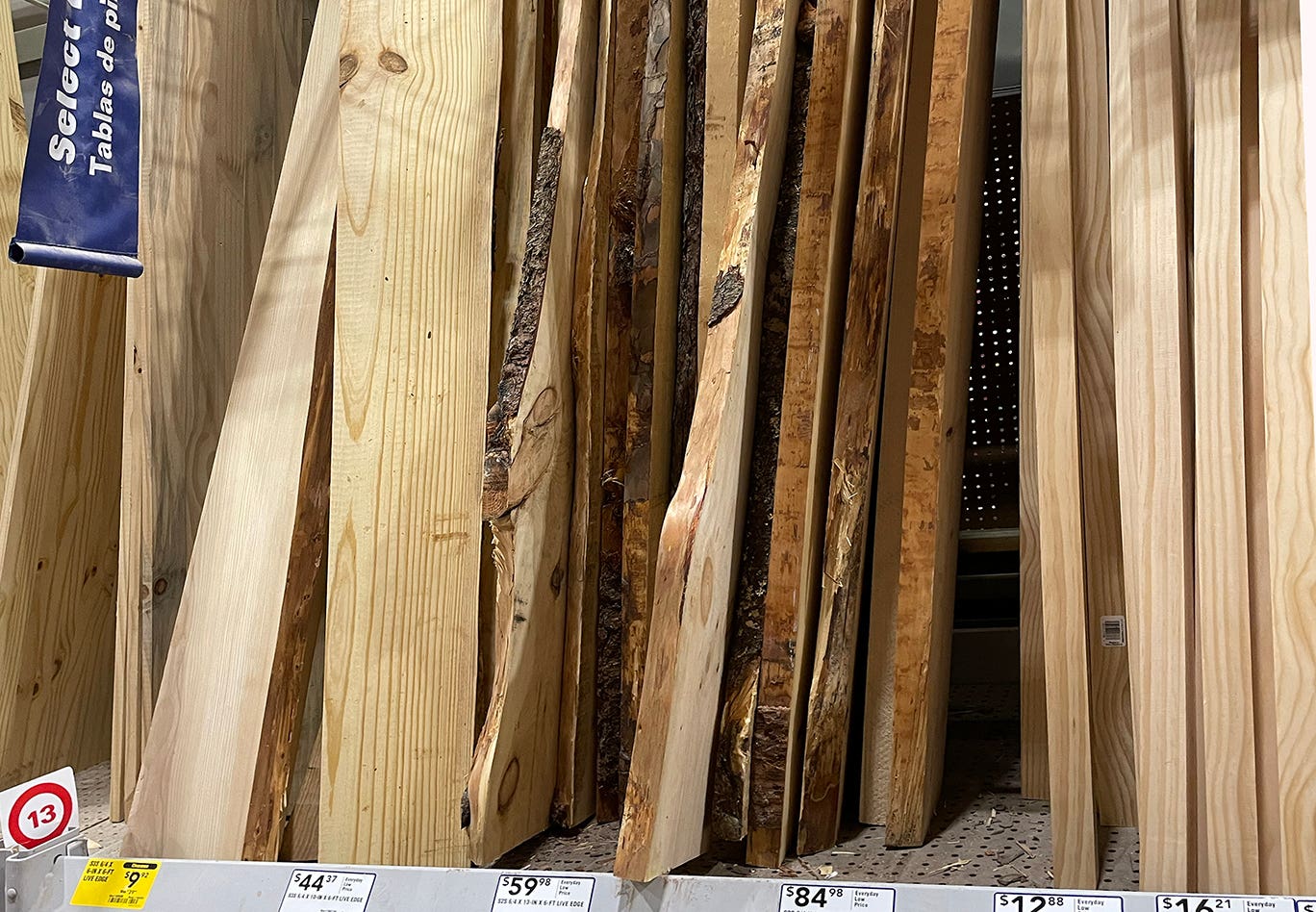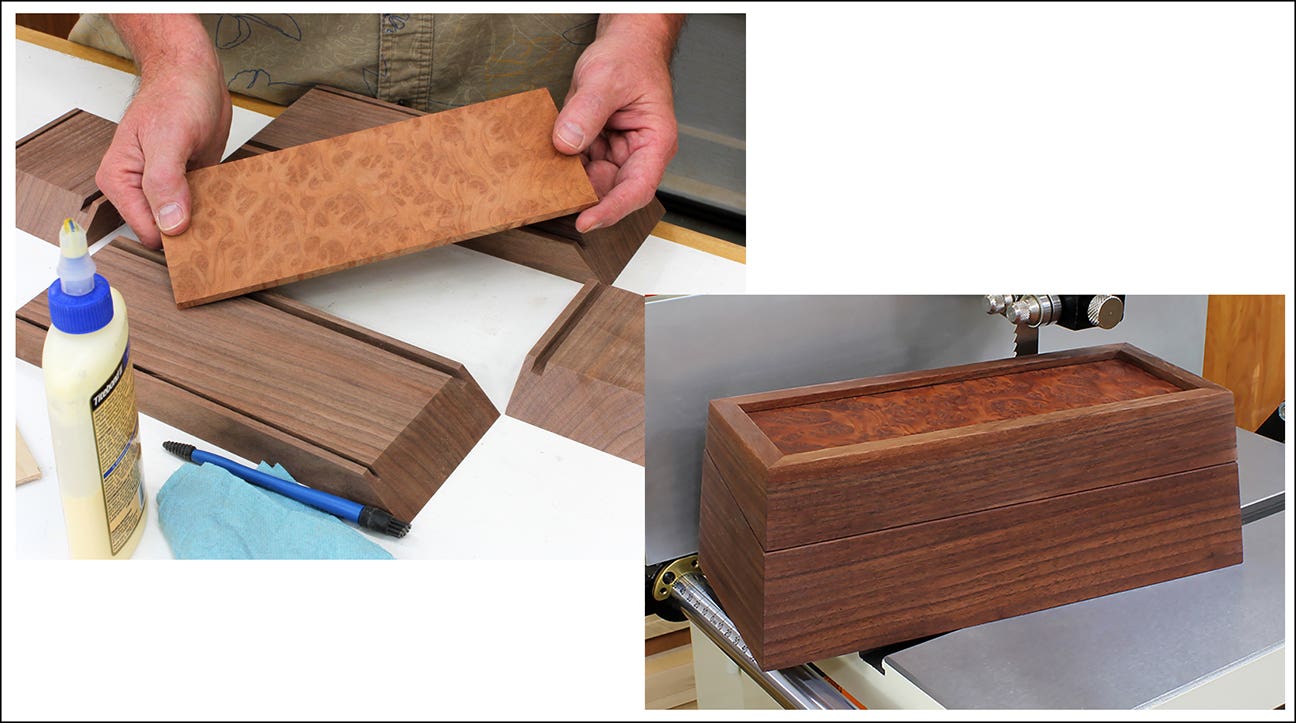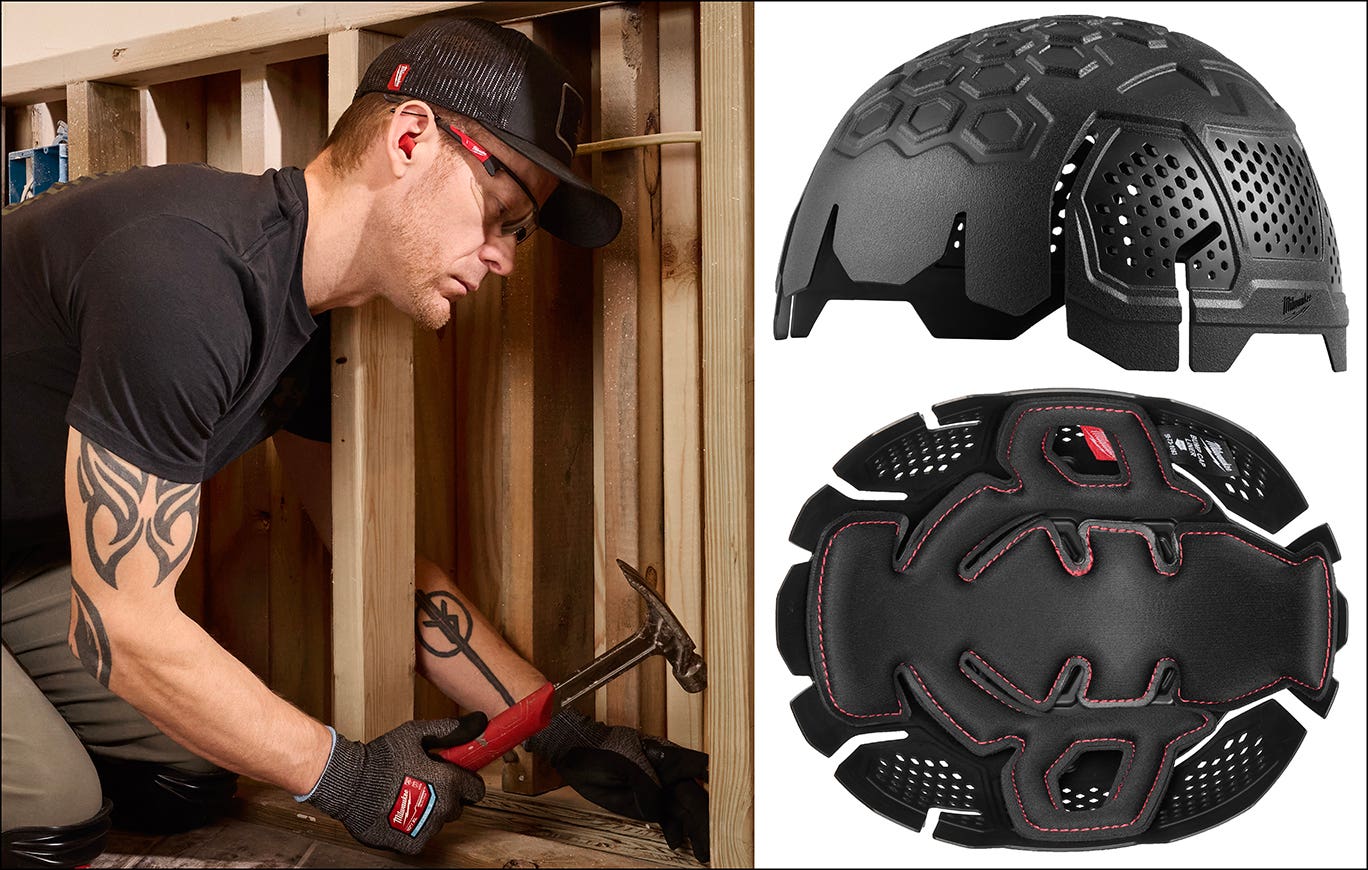Honesty is the best policy for a good CNC sales rep
The question I’m most often asked is, “What should I consider when buying a CNC router?” I’m a sales rep for Diversified Machine Systems and Freedom Machine Tools and I…
The question I’m most often asked is, “What should I consider when buying a CNC router?”
I’m a sales rep for Diversified Machine Systems and Freedom Machine Tools and I could answer in several ways. I could choose the low road — pushing the most expensive product — or try my best to offer sound and practical information to help my customer succeed in their business.
Personally, I’d want the second and I’d want a rep that is committed to a developing a long-term relationship, has good character, technical expertise and, yes, one that worries about my bottom line.
As sales reps, we don’t want to admit it, but there is not that much difference between well-built machines and their capabilities. For some of us, it’s about the journey we make with our new partners.
Through the years I have realized that helping a startup avoid overindulging on their first machine might be what keeps them profitable versus bankrupting them in the year following their purchase. A well-established company can afford a few added features they might not use every day, but would be helpful to their overall operation. A startup can’t afford such luxuries. A good sales rep will want to partner with you because they know you are doing meaningful work, employing others and adding value to your community.
From personal experience, I can tell you that if a first-time sale is handled properly, more than half will become repeat customers as they grow and prosper.
Establishing needs
To be effective as a sales rep, you need to analyze and prioritize a customer’s needs and balance that with realistic machine expectations. We do this by checking to see what is most important. Is it machine accuracy, product finish, part quantities, tool life or price? The answers will help the sales rep to set a path to a CNC machine and options, but moreover it helps the first-time customer determine his or her machining priorities and expectations.
Next, there should be a conversation about the primary use for the machine. I like to begin by asking what will this machine be doing 70 percent of the time. This little tidbit of information helps decide what components or options customers will need to accomplish their work most efficiently and helps to ensure the new machine yields a return on investment.
For example, if you are a cabinet maker on your first CNC purchase, you’ll need a solid machine (most likely a one-piece welded steel frame) because that rigidity will equate to nicely finished edges, a good spindle that won’t stall during a cut, a vacuum table (hopefully with a couple of zones to allow different-sized materials), a vacuum pump, maybe a dust collection system and, depending on how much you want to automate, an auto tool-changing system. By using the 70-percent rule, our customers can approximate an ROI and help offset some of the unforeseen costs.
A bad sales rep is likely to skip that step and maybe even forget to tell the customer about software, programming time, training, etc.
A good sales rep will temper a customer’s expectations of automation with realistic expectations or leave the scene when the basics of cutting parts has been accomplished. The goal should be to produce quality parts and components that make your business stand above your peers. Whether you’re making cabinets, trimming plastics, making molds, supplying medical devices or machining aerospace parts, I feel the most important role of a sales rep is to make sure the customer’s needs are met.
I was once told by a customer, “I love to buy stuff, but I hate being sold things.” This customer has just taken delivery of his sixth CNC machine and, although his last machine looks nothing like the first, every machine works every day. He is making his mark on the world and enjoying every minute of it.
Proper measurements
I often tell first-time buyers that the day after the machine is put in operation, the purchase price falls by the wayside. Performance, productivity and reliability are the only means by which a CNC machine will be measured each day for the remainder of its life.
Some of my daily suggestions to others are: don’t invest your time and money in used or abused machinery or self-centered sales reps. These searches yield mediocre results and could lead to the eventual downfall of your business. If you can’t afford a new machine, the next best thing is a factory-refurbished one. I’d stay away from the used market because it is littered with machines that can’t hold tolerances or are no longer supported by its original manufacturer.
As sales reps, if we do meaningful work that serves the needs of others, our skills and advice will allow us to excel at our jobs while giving our customers the room to enjoy their work and grow their visions.
Jay Hilligrass is the president of Rocky Mountain CNC Solutions. www.rockymountaincnc.com
This article originally appeared in the April 2017 issue.


